Ghana’s Economy “Firmly on Track,” Says Finance Minister Ato Forson at IMF–World Bank Meetings
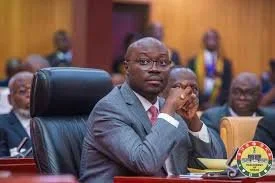
Ghana’s Finance Minister, Dr. Cassiel Ato Forson
Ghana’s Finance Minister, Dr. Cassiel Ato Forson, has reassured global investors that the country’s economy is “firmly on track” and showing clear signs of recovery.
Speaking during the 2025 IMF/World Bank Annual Meetings, Dr. Forson highlighted Ghana’s progress in stabilizing key fiscal indicators and restoring market confidence after years of volatility. “Our fiscal position is stabilizing, inflation is easing, and we are rebuilding buffers for sustained growth,” he stated, emphasizing that Ghana’s recovery is anchored on fiscal discipline, domestic revenue mobilization, and private-sector innovation.
The Minister acknowledged that persistent global headwinds including inflationary pressures, rising interest rates, and ongoing geopolitical tensions continue to test the resilience of African economies.
He warned that “no country on the continent can achieve sustainable growth alone”, calling for a re-architecture of the global financial system to better address the realities of developing nations.
“Africa cannot build resilience in a system designed to favor developed economies,” Dr. Forson said. “We need a fairer financial framework that unlocks access to climate and development financing.”
Dr. Forson urged multilateral institutions to rethink how concessional funding and debt-relief mechanisms are structured.
He advocated for greater alignment between global climate finance commitments and Africa’s growth priorities, adding that developing economies require predictable financing to meet both sustainability and infrastructure demands.
The Minister’s comments echo a wider African sentiment that reforms at the IMF and World Bank are overdue to ensure equitable access to liquidity support and green-transition funds.
Back home, Ghana has recorded notable progress in macroeconomic stabilization. Inflation, which peaked above 50 percent in 2023, has since declined, while the Ghana Cedi has seen moderate gains due to tighter monetary policy and export-driven revenue.
Dr. Forson noted that Ghana’s focus on private-sector-led growth remains central to its long-term development plan, emphasizing investment in technology, agribusiness, and renewable energy as pillars for inclusive growth.
Financial analysts attending the meetings pointed out that Ghana’s proactive communication on economic policy sends a positive signal to investors.
By maintaining transparency in fiscal reporting and implementing reforms tied to IMF program benchmarks, the government aims to attract sustainable investment and rebuild global trust.
Dr. Forson’s remarks position Ghana as one of the more forward-leaning voices in Africa’s fiscal reform conversation. His call for a rebalanced global finance architecture reflects the continent’s push for justice in international economics a move from dependency to empowerment.
Yet, the coming year will determine whether policy execution can match the optimism voiced on the global stage.
Read Also
Bank of Ghana Governor Dr. Johnson Asiama says inflation fell to 5.4% and reserves rose to $13.8bn as policymakers consider a cautious path for 2026.
The Institute for Energy Security says Ghana’s fuel price floor protects fair competition and long-term stability, responding to calls for lower petrol prices.
Government says the $1.4bn energy-sector payment has stabilized power supply, restored liquidity, and prevented a return of widespread outages.
New GSS data shows a 3.8% jump in economic activity driven mainly by services and manufacturing. Agriculture also ticked up slightly. Full report breaks down where the growth is coming from and what comes next.
Ghana’s labour force expanded in 2025 with over 330,000 new jobs, but youth unemployment remains high at over 32 percent, according to new data from the Ghana Statistical Service.
The Ghanaian cedi sold at ¢11.5058 to the US dollar on December 18, 2025, according to the Bank of Ghana’s latest interbank exchange rates.
Ghana’s economy expanded by 6.1% in the first nine months of 2025, with agriculture, ICT, and trade powering growth. Government Statistician Dr. Alhassan Iddrisu says the data shows “slightly stronger momentum” than 2024.
Germany has pledged an extra €3 million to Ghana’s Sustainable Energy for Climate Project, bringing total support to €10 million, as both nations deepen cooperation on renewable energy, efficiency, and climate resilience.
Ghana’s inflation rate dropped for the 11th consecutive month to 6.3% in November 2025, the lowest since 2021. The Ghana Statistical Service attributes the trend to price stability in food, non-food, and locally produced items.
Ghana’s Public Utilities Regulatory Commission (PURC) has announced new tariffs effective January 1, 2026 — electricity to increase by 9.86% and water by 15.92% under the 2026–2030 Multi-Year Tariff Review. The adjustment reflects inflation, exchange rate, and gas cost projections.
The Bank of Ghana has reduced its policy rate to 23%, citing strong economic recovery, stable inflation, and improved reserves. Governor Johnson Asiama says Ghana is “shifting from recovery to expansion” as the BoG balances disinflation with growth.
Deputy Majority Leader Alexander Afenyo-Markin has urged Parliament to reject the proposed 7% withholding tax increase, warning it will hurt Ghanaian small businesses and undermine economic recovery.
Ghana’s Special Prosecutor has rejected aspects of the IMF’s Governance and Corruption Diagnostic Report, saying the findings reflect 2023 challenges and not the Office’s current reforms, capacity, and anti-corruption performance.
Ghana Statistical Service has revised July 2025 MIEG growth down to 3.7% from the earlier 4.5%, while August 2025 economic activity expanded by 5.1%. Agriculture and services led the growth, though industry contracted.
Former Finance Minister Amin Adam says Ghana’s single-digit inflation is misleading, arguing in Parliament that rising prices of essential goods, failing Treasury bill auctions and weakened investor confidence reveal a struggling economy depriving citizens of decent livelihoods.
Former Information Minister Kojo Oppong Nkrumah warns that Ghana’s 2026 Budget faces a staggering revenue shortfall of up to GH₵19 billion, forcing the government to cut expenditure by GH₵28 billion. He urges Parliament to confront the structural weaknesses undermining the economy.
Two suspects have been arrested and arraigned for hoarding premix fuel, Fisheries Minister Emelia Arthur told Parliament. Automation reforms continue nationwide.
Ghana’s Presidential Spokesperson Felix Kwakye Ofosu has dismissed Minority allegations that the Bank of Ghana printed money to finance the Gold Board, insisting the bank only facilitated legal intermediation in the gold-for-reserves program.
Ghana’s Cedi @ 60 Conference sets a bold agenda for currency stability, digital innovation, and fiscal discipline, with BoG Governor Asiama calling for national commitment.
The Government of Ghana has officially abolished the COVID-19 Health Recovery Levy as part of sweeping 2026 VAT reforms. Finance Minister Dr. Ato Forson says the move will return GH₵3.7 billion to citizens and businesses while simplifying Ghana’s tax system and boosting fiscal efficiency.
Ghana’s 2026 Budget projects a minimum 4.8% GDP growth as Finance Minister Dr. Ato Forson outlines a strategy focused on fiscal discipline, revenue mobilisation, social protection, and sustained macroeconomic stability under the theme “Resetting for Growth, Jobs and Economic Transformation.”
Energy Minister John Abdulai Jinapor tells Parliament that 202 contracts have been terminated and major reforms launched to reduce ECG’s technical and commercial losses while improving efficiency and revenue collection.
Ghana Gold Board’s Richard Nunekpeku says the agency will not yield to political pressure after 25 people were arrested for illegal gold trading and smelting in Accra. Investigations are ongoing under the Gold Board Act 2025.
Star Oil has overtaken GOIL to become Ghana’s largest Oil Marketing Company, driven by disciplined management, operational efficiency, and trust-based customer engagement.
United Nigeria Airlines has inaugurated its first international flights to Accra, Ghana, marking a major step toward enhanced West African trade, tourism, and regional integration.
The Ghanaian government has approved a 9% salary increase and a new minimum wage of GH₵ 21.77 for public-sector workers in 2026, following successful negotiations between the Finance Ministry, FWSC, and Organized Labour.
S&P Global Ratings lifts Ghana’s credit rating to ‘B-/B’ with a stable outlook, citing fiscal discipline, debt reform, and stronger foreign reserves.
Inflation drops to 8.0% in October, below Ghana’s 2025 target, marking a major macro win — but cost-of-living pressures still squeeze households.
The LCIA has ruled in Ghana’s favour in the PDS case. Gov’t says it will recover all ECG assets and revenues after the $190m power concession dispute.
Abdul Rahman Taofiq is a news reporter with DM Media Group.


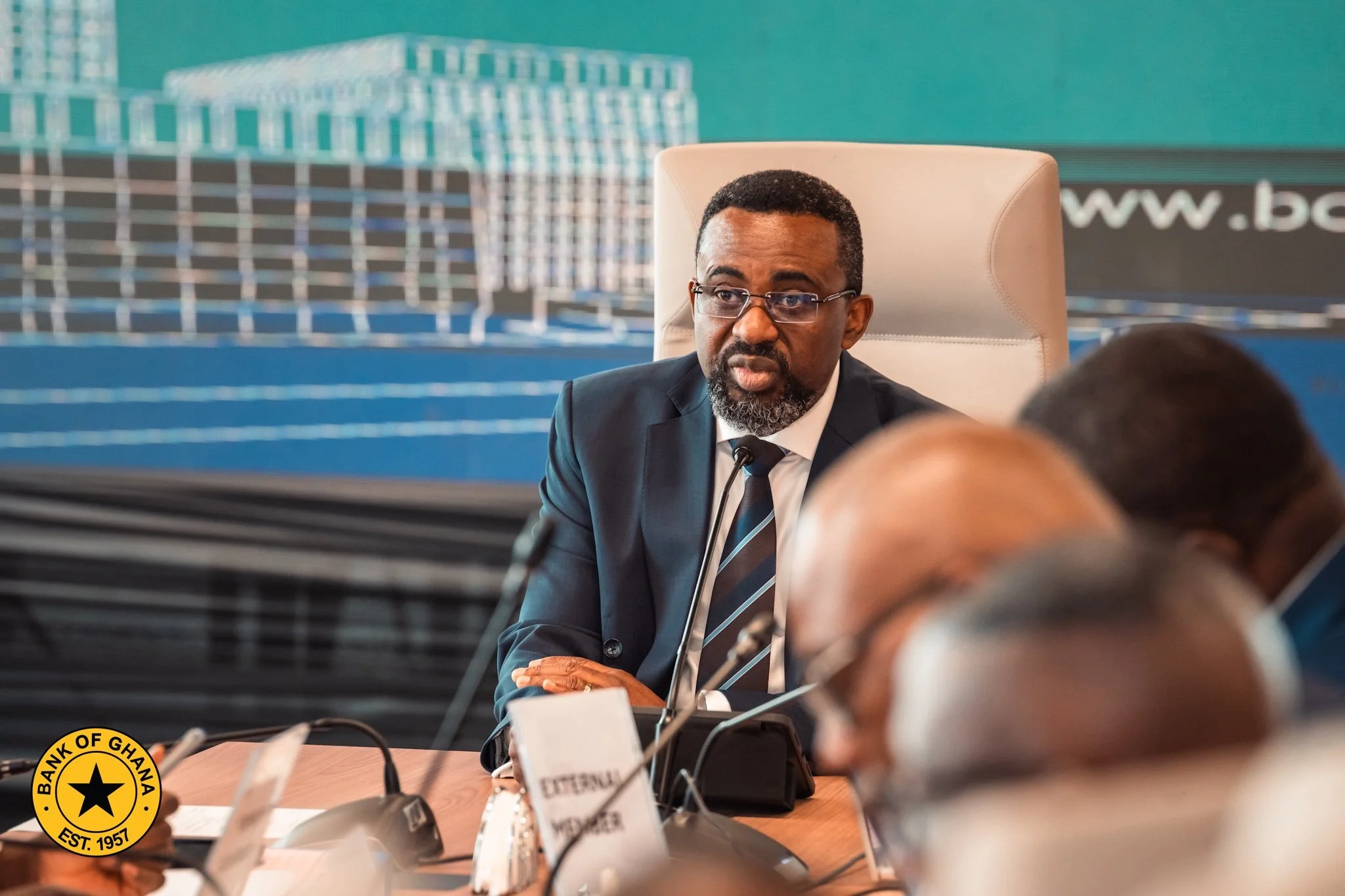

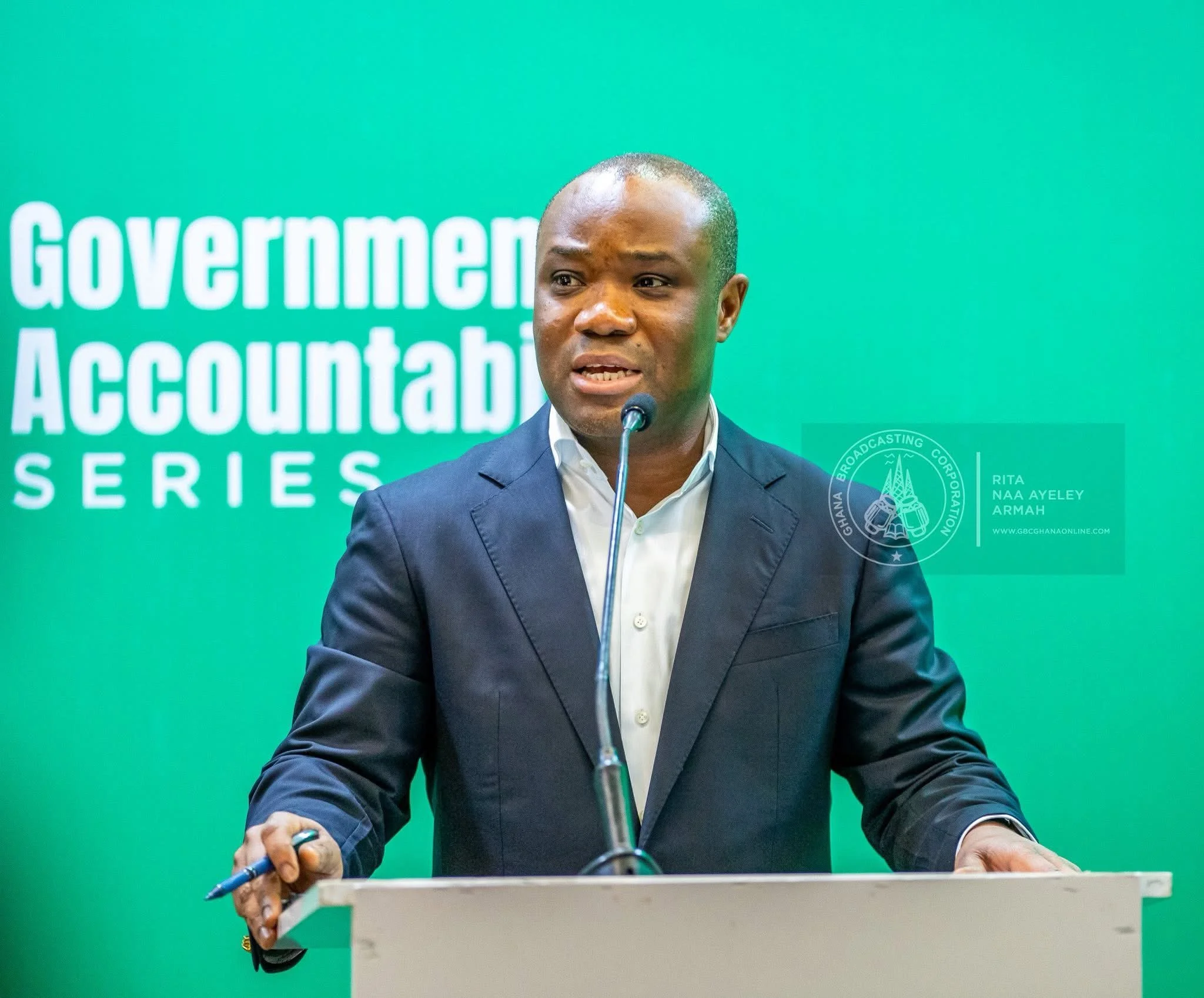
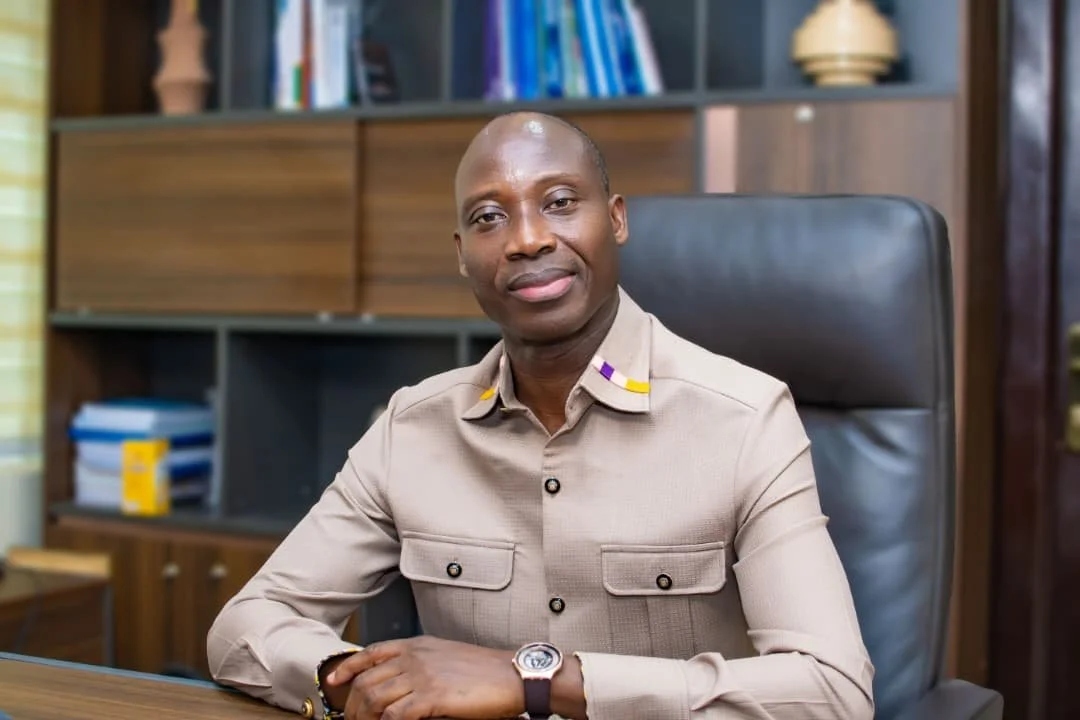

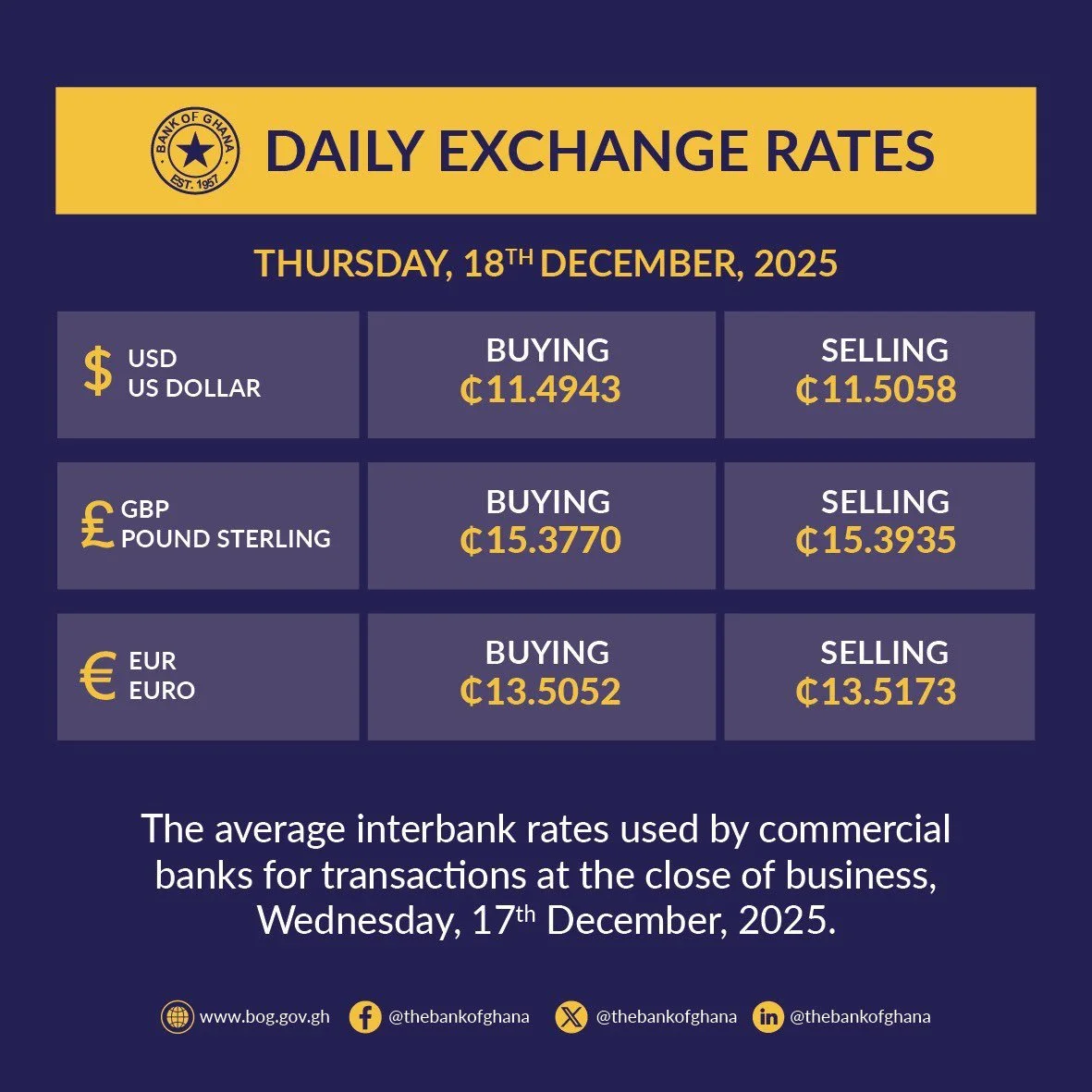









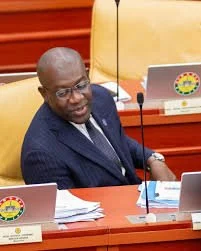



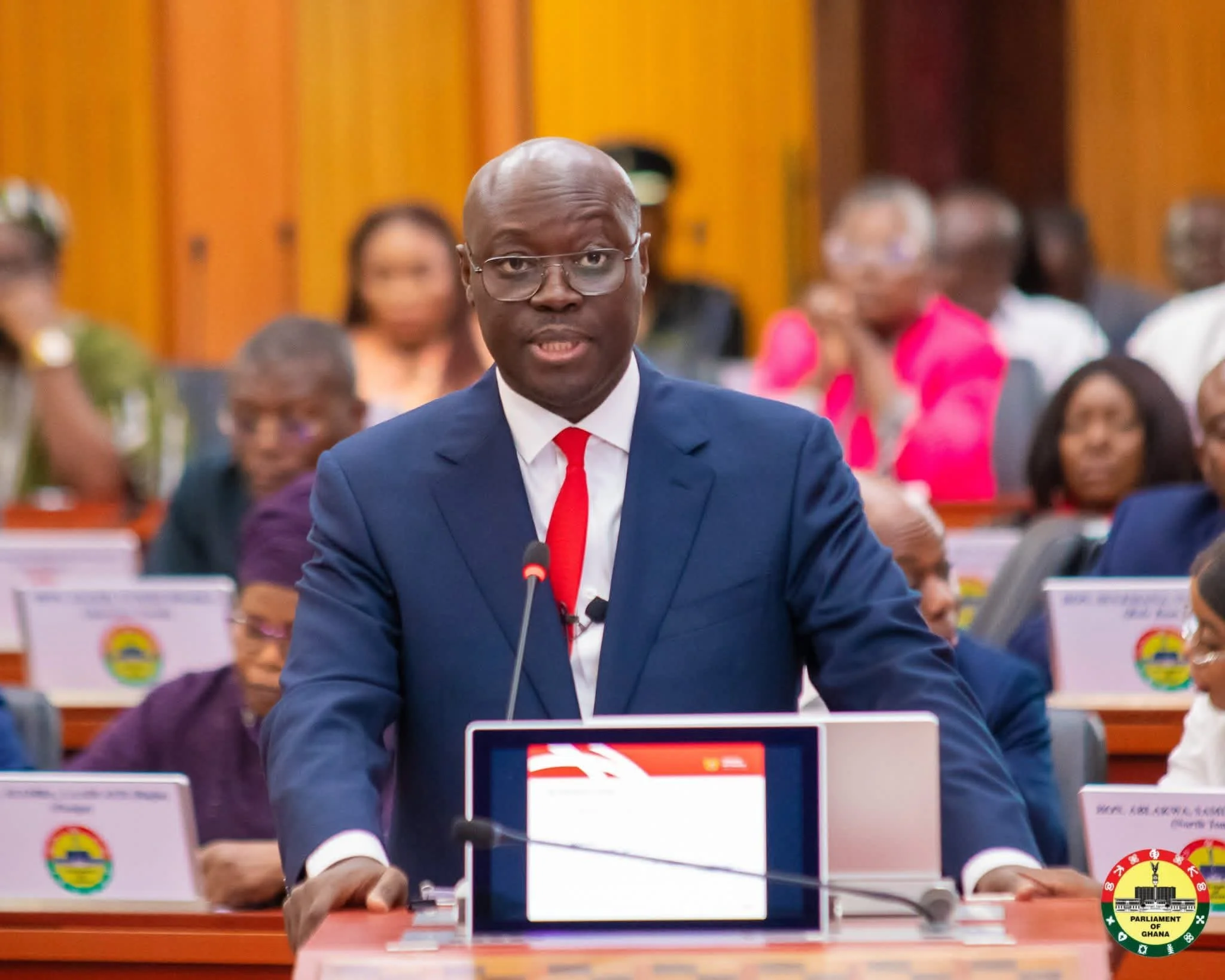
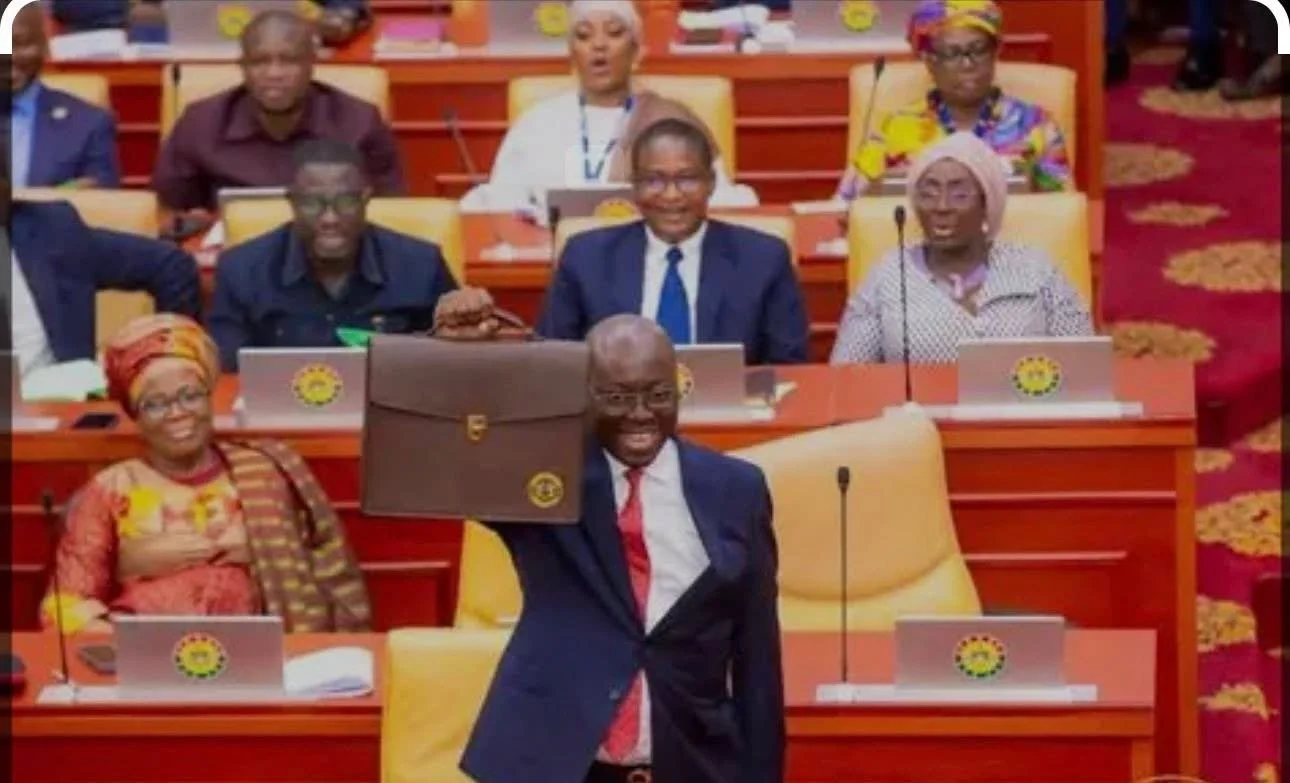




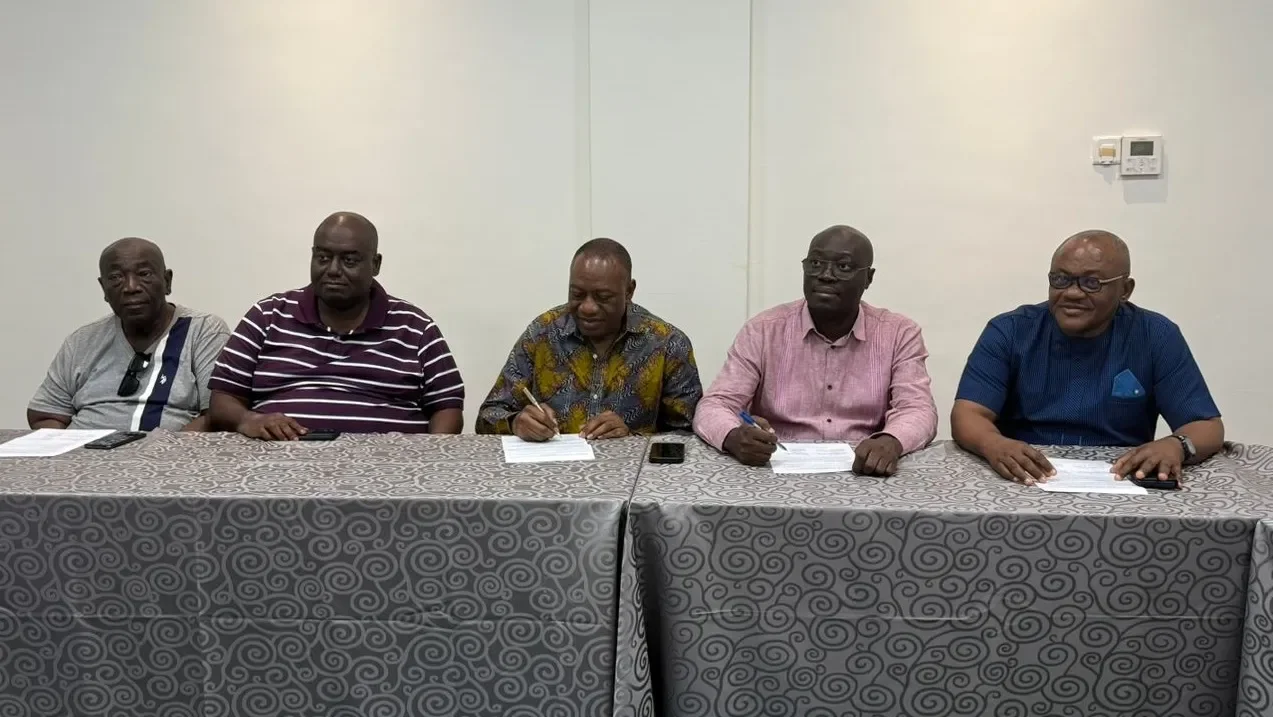


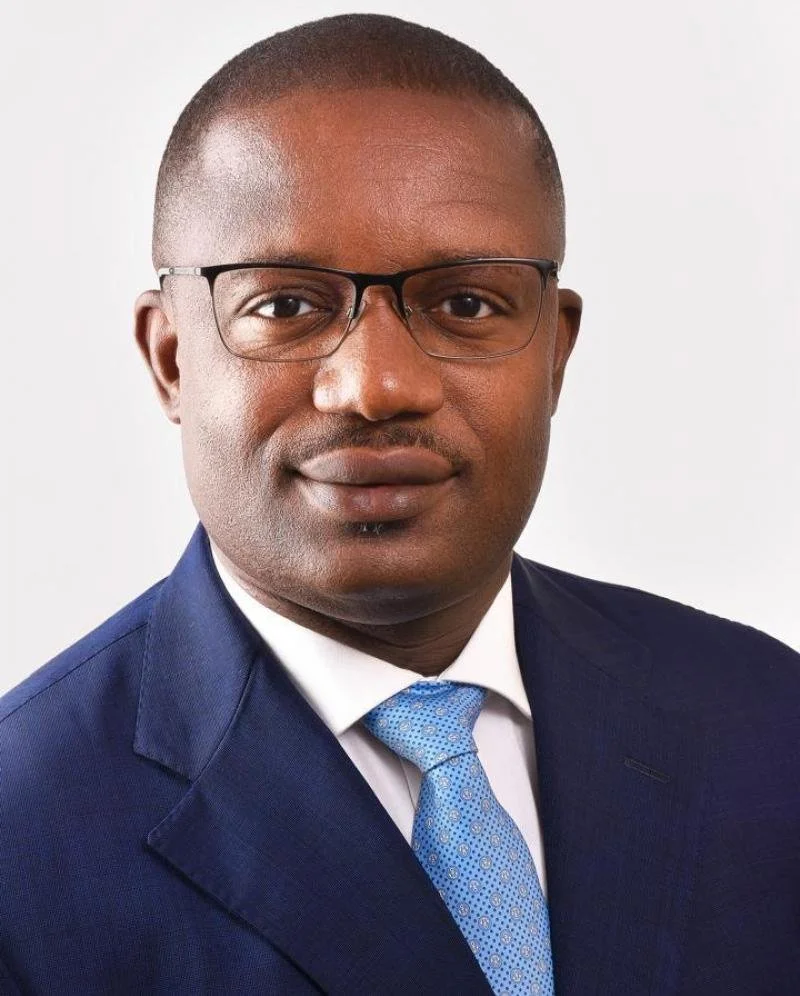
Delivering the 2026 Budget, Finance Minister Ato Forson revealed that $31bn in import-related transfers left Ghana with no goods received, describing the discovery as “organised crime.” Audit shows massive under-declaration and banking breaches.